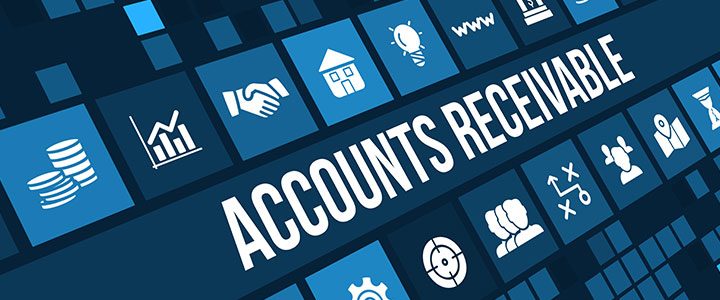One of the most important tasks in a business is making sure your bookkeeping is up to date and handled efficiently. One of the basics of bookkeeping is knowing how you will record accounts receivable vs. payables. Without this, you cannot stay in control of your finances knowing how much money you have made in the past or make any plans for the business’s future.
What are Accounts Receivable?
Account receivables (A/R), sometimes known as the customer’s ledger, keeps track of which customers owe your business and how much they owe for the good or services your company provided. The A/R ledger summarizes the current and outstanding accounts receivable for your company.
The details of the customer’s balance is not recorded in your general ledger. Instead, the A/R ledger accounts for each credit purchase including a date, description of the purchase and the amount owed. This ledger is also used to track payments then made on the accounts by customers. Accounts receivable is recorded on your balance sheet as a current asset, knowing the account balance is due in a year or less.
It is important to know all of your options regarding accounts receivable. This customer’s ledger can seem like a very simple concept, but there are many opportunities to bring more cash flow into your company by properly overseeing the AR account. This is a great example of how we at Slaton can help you assess ways to make sure your AR is up to date and bringing in monies that you need to run your business.
What are Accounts Payable?
When your company buys from a supplier on credit, the ledger used to record the transaction is known as the Accounts payable (A/P). These entries are recorded on your balance sheet under current liabilities with the knowledge that your company owes the debt.
Part of what an accounts payable department is responsible for is making payments for the incoming bills and invoices. Depending on the size of your business, accounts payable can be its own department responsible for vendor payments, business travel expenses, internal payments and much more. In a smaller business, accounts receivable and payable are typically combined.
An important aspect of accounts payable is working to reduce costs by paying attention to details and making an effort to save your business money. This can be done through making payments during a discount period or through solid relationships built with your company’s vendors.
 Slaton cares about our Texas Neighbors and their Bookkeeping!
Slaton cares about our Texas Neighbors and their Bookkeeping!
At Slaton Financial Services, we have an expert staff that can handle your bookkeeping needs including accounts receivables and accounts payables. As a Texas company, we also are aware of any changes in state and federal tax guidelines that are important to your business.
It is an added bonus serving you and your business’s bookkeeping needs knowing that we are helping one of our very own in the north Texas community to succeed! Call Slaton Financial Services today and let us take on the responsibility of your bookkeeping so you can focus on doing what you care most about – growing your small business or venture.
